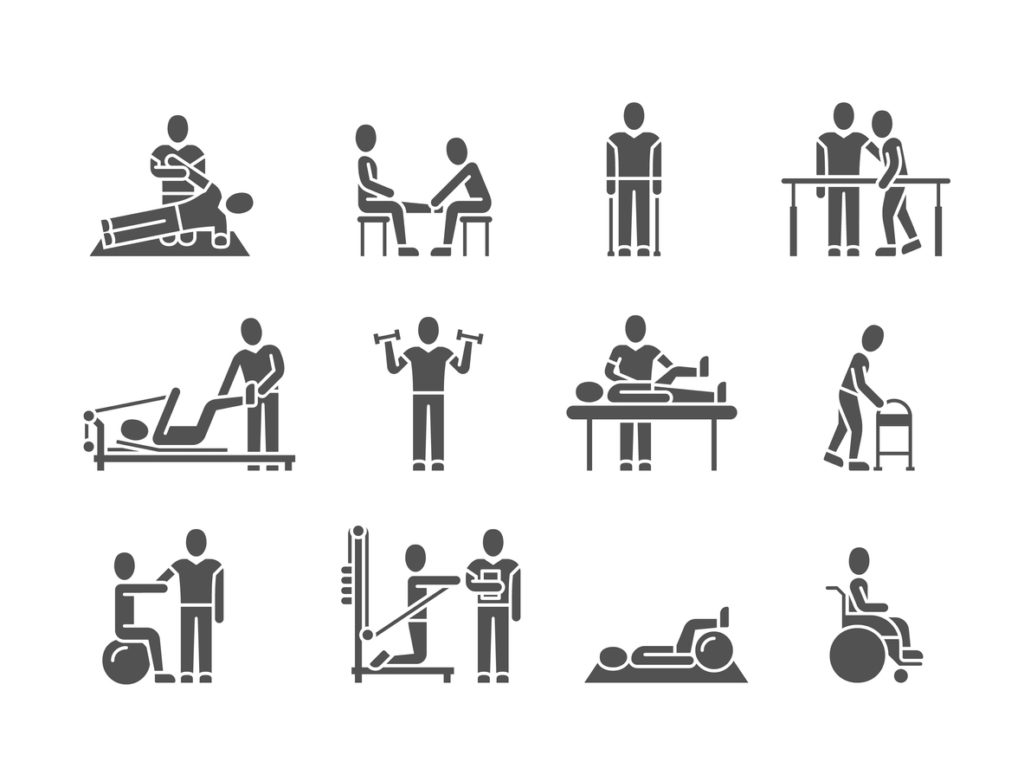Transcript
Chronic fatigue syndrome, also known as myalgic encephalomyelitis is characterised by, not surprisingly, long standing tiredness.
Hi, I’m Doctor Joe.
Chronic fatigue syndrome, like many conditions in medicine that has the name syndrome tagged to it, essentially is a condition where it is defined by the symptoms that people have. There is no known cause and unfortunately there is no known cure.
Typically people get tired and it goes for an extended period of time. Generally a minimum of six months is required for a definition of chronic fatigue syndrome. And it’s also important to say that a whole range of other conditions need to be ruled out.
For example, people can be tired because of an underactive thyroid, they may be tired because they’ve got low iron levels, they may be tired because of problems with the kidneys or the liver or a whole range of other conditions in the body. In fact most illnesses have tiredness as one of the symptoms.
But in chronic fatigue syndrome none of these things apply. So often when people are being investigated, there will be a whole series of negative test results. Now this can be quite frustrating for people because they think, “well, does that mean there’s nothing wrong with me?”
No, it doesn’t mean there isn’t a problem, it just means that there isn’t something that will show up on blood testing or scanning. Keeping in mind that when we do a scan of course it’s what we can see and not every condition that affects the human body has something we can see. Headache, probably another good example of that.
Okay, so there’s a lot of stuff about chronic fatigue and a lot of theories but unfortunately not a massive amount of facts, so be a little bit wary of people offering radical cures, particularly if there’s a fair cost involved and also be a little bit wary of, you know, conspiracy theories as well because they do float around out there.
For a lot of people the symptoms do improve over time but unfortunately that doesn’t apply to everybody.
So, what can we do? First of all is understanding that yes, you will get more tired than you might previously have done and that this may be the case for an unspecified period of time. In turn, that means it’s about living within one’s limits. It doesn’t mean stopping doing everything that you do, but it might mean doing it at a slower pace or perhaps having to slightly lighten your workload.
There are other very simple things that can be helpful. Doing some regular exercise is good for the muscles because often with chronic fatigue, people can have soreness in the muscles as well. Immediately you might say, “well, hang on, how can I exercise if I’m tired?” As we said before, it’s about doing it within your levels of capability.
Getting enough rest and sleep sounds obvious but is important. Good diet is important as well, so eating lots of fruits and vegetables, some whole grains, some good quality proteins, not having too much processed carbs and not too much sugary food.
Stress management can be very helpful in chronic fatigue syndrome, so things like yoga, within your limits again, meditation, tai chi, there are a whole raft of different stress management type techniques that can be very helpful for people if they’re suffering from chronic fatigue.
And often joining a support group and linking up with people with a similar problem can be helpful as well because what we find in medicine is that often people with long term chronic conditions find ways of managing them themselves, and that they often know more about that than the doctor might do.
So obviously you need to be keeping in touch with your doctor but you can sometimes get useful ideas from someone who has been down the same path. Again, a lot of people will have gradual recovery over time and there have been a couple of famous people with that, Alistair Lynch the former AFL player, continued and managed to play AFL football after recovering from chronic fatigue.
Does that mean everybody will achieve that? Look, unfortunately no. But it does mean that for many over time there will be gradual improvement.
So, to sum up. There is no known cause and there is no absolute cure. Simple things like gentle, regular exercise, good diet, adequate sleep and stress management make a lot of difference and just doing things within your means. If you need to go a little bit slower and you probably will, then one does need to adopt a so-be-it attitude, and gradually over time there is a possibility, not unfortunately a certainty, that there will be gradual improvement.
Get on top of your general health
Find and instantly book affordable GPs within Australia
More information
 |
For more information on chronic fatigue syndrome, its symptoms and how it can be treated, see Chronic Fatigue Syndrome. |
All content and media on the HealthEngine Blog is created and published online for informational purposes only. It is not intended to be a substitute for professional medical advice and should not be relied on as health or personal advice. Always seek the guidance of your doctor or other qualified health professional with any questions you may have regarding your health or a medical condition. Never disregard the advice of a medical professional, or delay in seeking it because of something you have read on this Website. If you think you may have a medical emergency, call your doctor, go to the nearest hospital emergency department, or call the emergency services immediately.







